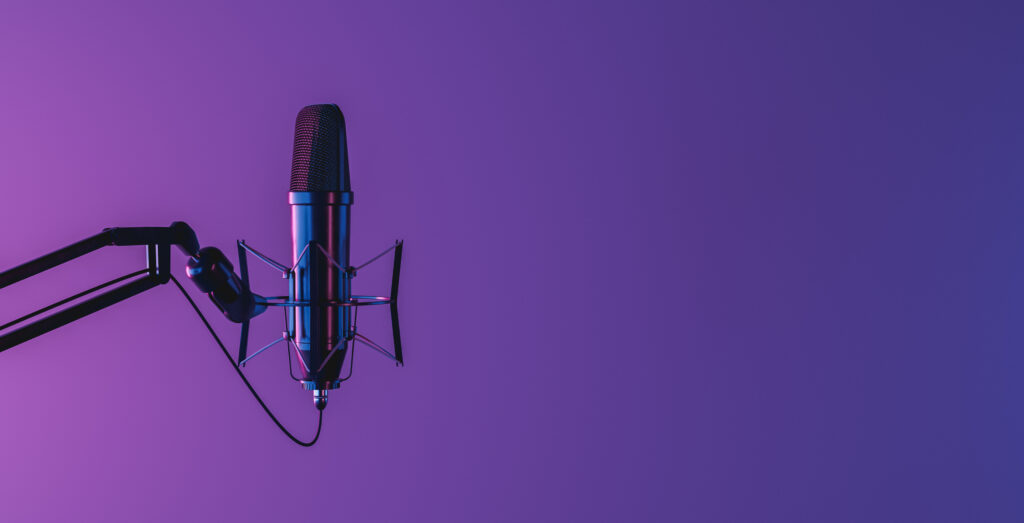Podcasting is a great way to spread your message to a wide audience and build your brand. But, in order to get started, you’re going to need the right equipment. From microphones to recording software to mixers and more, there are so many different pieces of equipment that can help make your podcast sound professional. In this blog post, we’ll take a look at some of the essential equipment you’ll need for podcasting. We’ll also discuss what type of gear will be best for your particular needs, as well as give advice on how to get the most value for your money when purchasing podcasting gear. Read on for everything you need to know about finding the right equipment for your podcast!
What kind of microphone to get
If you’re looking to get into podcasting, one of the most important pieces of equipment you’ll need is a good microphone. But with all the different types and models out there, it can be tough to know which one is right for you. Here’s a quick guide to help you choose the best microphone for your podcast:
USB microphones are a popular choice for podcasters because they’re relatively affordable and easy to use. Models like the Blue Yeti and Audio-Technica ATR2100x-USB are great options that will produce clear audio.
If you want to go with a more traditional microphone, then an XLR condenser mic is a good choice. These mics are typically more expensive than USB mics, but they offer higher quality sound. The Shure SM7B and Rode NT1A are two popular models.
Finally, if you’re on a tight budget, then there are some decent dynamic microphones that will do the job. The Audio-Technica AT2020 is a good option in this price range.
Whichever microphone you choose, make sure you test it out before committing to it. Listen to recordings made with different mics and see which one sounds best to you. And remember, the quality of your microphone is only one part of getting good audio for your podcast – proper placement and technique are just as important!
What type of recorder
There are three main types of digital voice recorders: handheld, wearable, and desktop. Handheld voice recorders are the most popular type of recorder for podcasting. They are small, portable, and easy to use. Wearable voice recorders are worn on the body, making them ideal for recording lectures or other events where you need to be hands-free. Desktop voice recorders can be used for recording interviews or phone calls.
Where to get podcast hosting
If you’re serious about podcasting, you’ll need to invest in quality podcast hosting. There are a few things to consider when choosing a podcast host, such as price, features, and customer support.
There are many great podcast hosts out there, but here are a few of our favorites:
1. Libsyn – Libsyn is one of the most popular podcast hosts and for good reason. They offer great pricing options and plenty of features for both new and experienced podcasters.
2. Podbean – Podbean is another great option for podcast hosting. They offer unlimited storage and bandwidth, making them a great choice for podcasters who plan to release a lot of episodes.
3. Buzzsprout – Buzzsprout is a great option for those just starting out with podcasting. They offer free plans for up to 2 hours of audio per month, making them perfect for those just getting started.
No matter whichpodcast host you choose, make sure you do your research to find the best option for your needs. Podcasting can be a lot of fun, but it’s important to make sure you have the right equipment before you get started!
How to market your podcast
There are a number of ways to market your podcast. You can use social media, online directories, and word-of-mouth to get the word out about your show.
Using social media is a great way to reach new listeners. Make sure to post about your show on all of your social media channels, and encourage your listeners to share your content. You can also create promotional materials, such as audio clips or images, to help spread the word about your podcast.
Online directories are another great way to promote your show. iTunes, Stitcher, and TuneIn are all popular places to list your podcast. Be sure to include keywords in your listing so that potential listeners can easily find your show.
Finally, don’t forget the power of word-of-mouth marketing. Encourage your listeners to tell their friends about your show. The more people you can get listening, the more successful your podcast will be!

